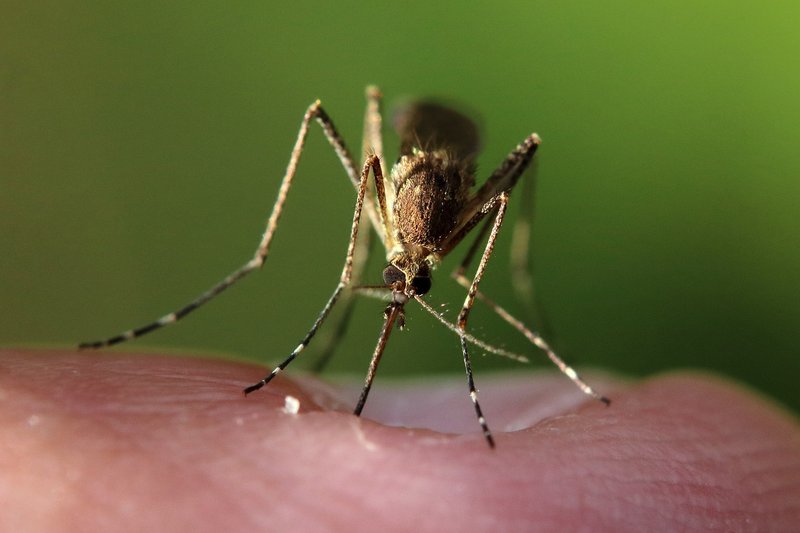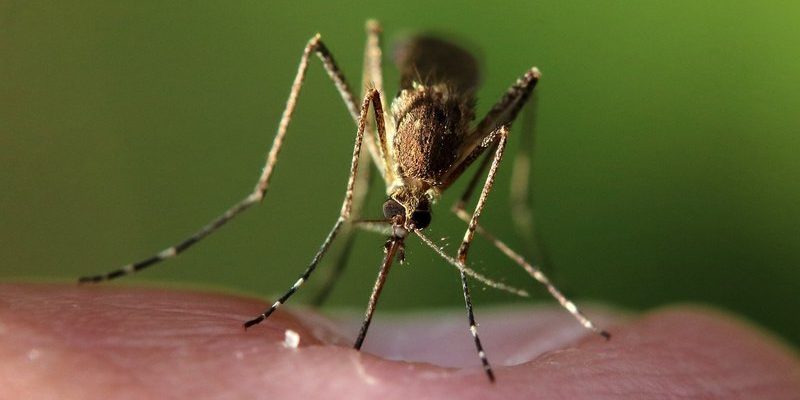
Let me paint you a picture: imagine a world buzzing with activity and life, where insects have advanced their own unique strategies for survival. Mosquitoes are like the crafty little ninjas of the insect world, capable of traversing tricky terrain, finding food, and even evading predators. As we explore ten intriguing facts about mosquitoes, you might just find yourself marveling at their complex little lives—even as you prepare to swat another one away.
1. Mosquitoes Aren’t Just Pests
You might assume that all mosquitoes are out to bite us, but that’s not entirely true. Out of more than 3,500 species of mosquitoes worldwide, only a small fraction actually feed on human blood. Most male mosquitoes prefer to dine on nectar and other plant sugars. They play a role in the ecosystem by helping to pollinate flowers. Imagine them as nature’s less glamorous gardeners, flitting from bloom to bloom, unknowingly helping fruits and vegetables grow.
However, it’s the female mosquitoes that are the real culprits when it comes to bites. They need blood to develop their eggs, which might make you feel a bit special in an oddly twisted way. You’re just a means to an end for them—an egg-developing buffet!
2. They Have a Unique Sense of Smell
Would you believe that mosquitoes can smell you from quite a distance? That’s right! These insects possess a highly developed olfactory system, allowing them to detect carbon dioxide, body odor, and even heat. It’s like they have an invisible radar tuned to locate potential “food sources.”
When we exhale, the carbon dioxide we release signals our presence to these crafty bugs. They can sense it from up to 100 feet away, which is pretty impressive considering their size. If you’ve ever wondered why you seem to attract more mosquitoes than your friends, it might be due to your unique body chemistry. Some people naturally emit scents that mosquitoes find irresistible.
3. Mosquito Lifespan: It’s Complicated
Another surprising fact about mosquitoes is their lifespan. On average, male mosquitoes live for about a week, while females can survive for a month or more under the right conditions. However, it’s a rollercoaster ride when it comes to how long they live, depending on the environment and available food sources.
Females often take breaks between their blood meals to rest and lay eggs, which can extend their lives if they find a safe place to do so. It’s fascinating to think that these little creatures have to navigate dangers like extreme weather, predators, and, of course, humans swatting them away.
4. They Are Master Travelers
Mosquitoes are not just local pests; they can be quite the globetrotters! Some species are known to travel long distances, even up to 40 miles, in search of food and suitable breeding grounds. This ability to migrate can lead to the spread of diseases like malaria and Zika virus, making mosquitoes a public health concern.
Traveling mosquitoes can hitch rides on boats, vehicles, or even people, making it easier for them to conquer new territories. It’s a little scary to think about, but their adaptability is what makes them so resilient.
5. The Breeding Rituals Are Intriguing
If you think mosquitoes just fly around looking for a blood meal, think again! The mating rituals of mosquitoes can be quite elaborate. Males often form swarms and attract females with their buzzing sounds, generated by the vibration of their wings. Picture a dance party in the sky, where the males are trying to impress potential partners.
Once a female chooses a mate, they mate mid-air, and the male’s job is done. Afterward, she sets off on a quest for blood to nourish her eggs. It’s like a tiny romantic fairy tale, though with a rather gruesome twist.
6. They Can Carry Diseases
Honestly, one of the most serious aspects of mosquitoes is their ability to transmit diseases to humans and animals. They are considered some of the deadliest creatures on the planet because of the pathogens they carry. Diseases like malaria, dengue, and West Nile virus are all linked to mosquito bites.
While the mosquitoes themselves are not the cause of these illnesses, they can transmit the pathogens when they bite. So, it’s essential to protect yourself from bites in areas where these diseases are prevalent. Make sure to use insect repellent and wear protective clothing to minimize your risk.
7. Mosquitoes Can See in Color
You might be surprised to learn that mosquitoes can perceive colors, which helps them identify suitable breeding sites and food sources. They’re not just flying around in a black-and-white world. Research shows that they are attracted to certain colors, particularly dark shades like blue, red, and black.
This color vision can play a significant role in how they locate us, so if you want to avoid attracting these pesky insects, wearing lighter colors might be a good strategy. Honestly, it’s fascinating how something so small can have such intricate ways of interacting with its environment.
8. They Have a Specific Feeding Technique
When a mosquito lands on your skin, it doesn’t just bite and suck your blood. Instead, it goes through a process that’s almost like a mini surgical operation. Mosquitoes have specialized mouthparts called proboscis that allow them to pierce your skin and access blood vessels.
As they suck blood, they inject saliva to prevent clotting, which is why you might notice the area around the bite becoming itchy and swollen. It’s remarkable how these tiny creatures have evolved such specialized tools to feed.
9. They Have Natural Predators
While mosquitoes might seem like they’re dominating the insect world, they aren’t without their enemies. Many creatures love to snack on these little pests, including birds, bats, and other insects like dragonflies.
Even some fish, like guppies, are known to feast on mosquito larvae. This natural predation is important for keeping mosquito populations in check. So, while they might be a nuisance to us, they play a crucial role in the food web, providing food for other animals in the ecosystem.
10. The Future of Mosquito Control
In recent years, scientists have been exploring innovative ways to control mosquito populations to reduce disease transmission. One approach involves genetically modifying mosquitoes to limit their ability to reproduce, which could help lower their numbers in the wild.
Another technique uses traps that emit carbon dioxide to lure and capture mosquitoes. These advancements show promise for managing mosquito populations and reducing the risks they pose to humans. As technology evolves, we may find ourselves better equipped to coexist with these small, buzzing creatures.
In conclusion, mosquitoes may be annoying, but they are truly fascinating creatures with a rich tapestry of behaviors and ecological roles. By understanding more about them, we can appreciate their place in nature—even if it means still keeping the bug spray handy during those summer nights outdoors. So the next time you hear that familiar buzz, you might just think twice before swatting it away!

